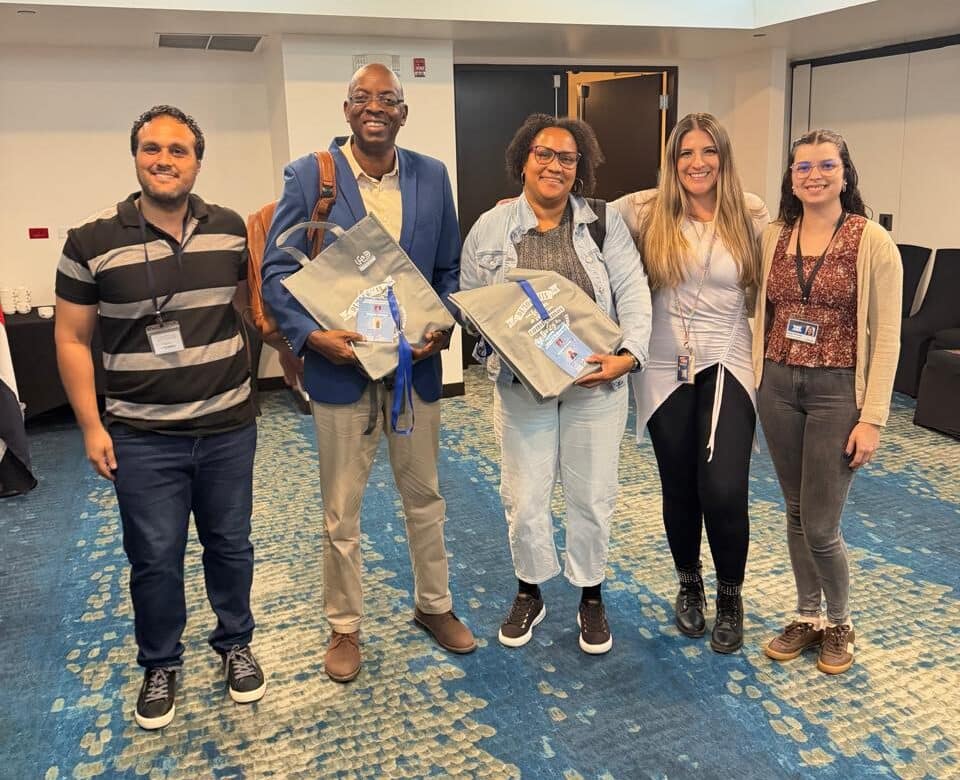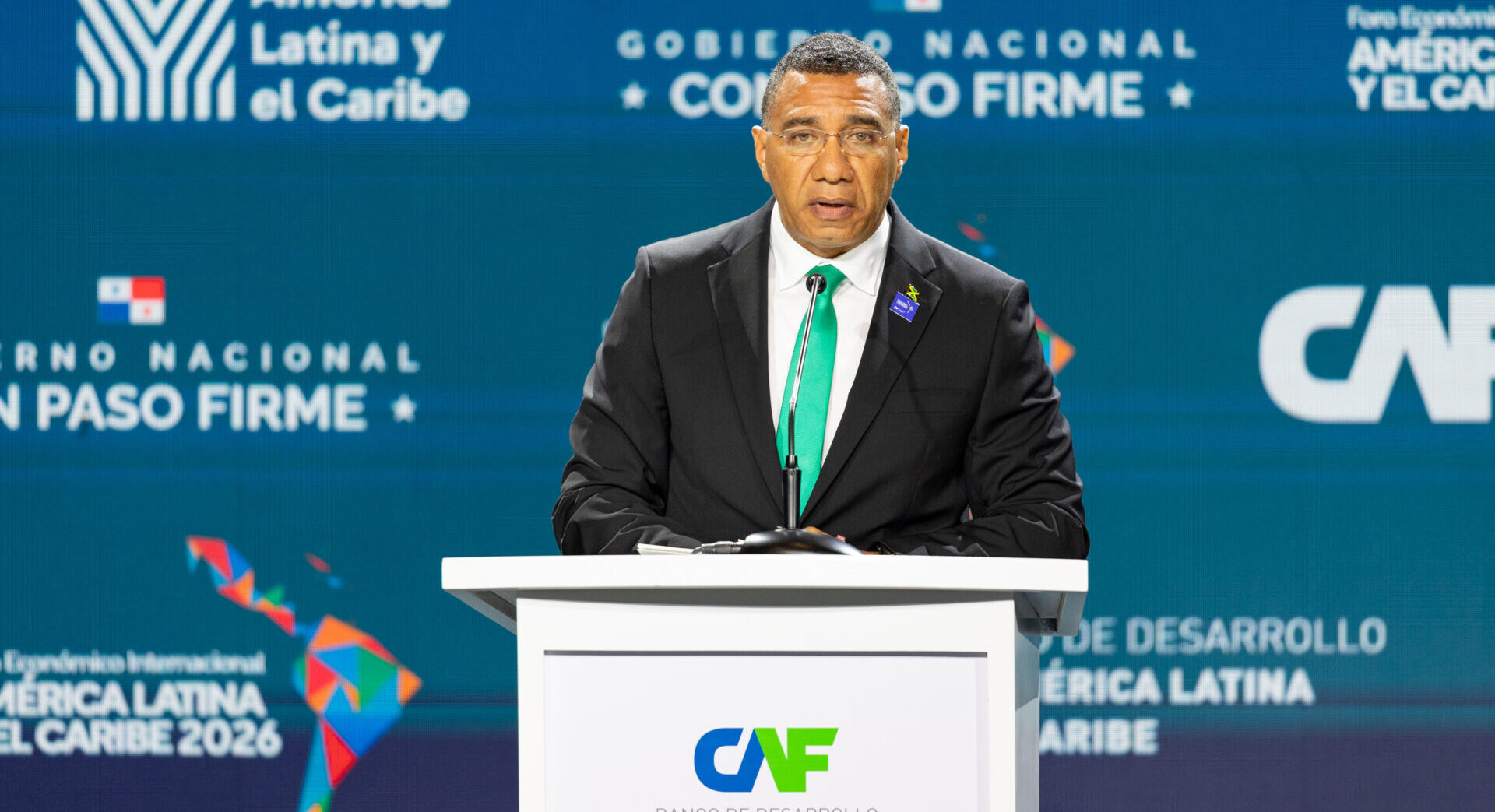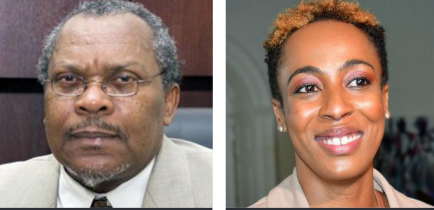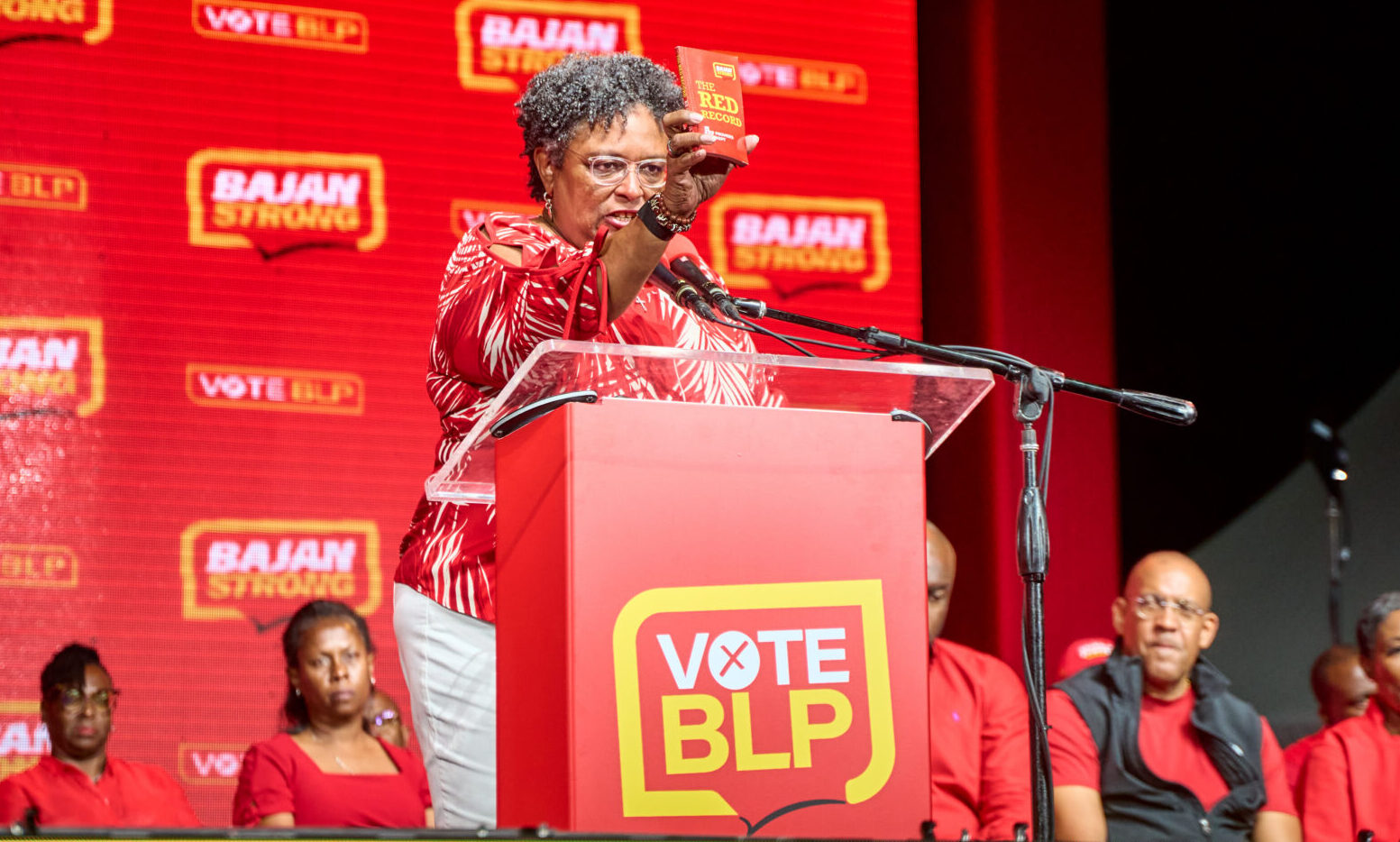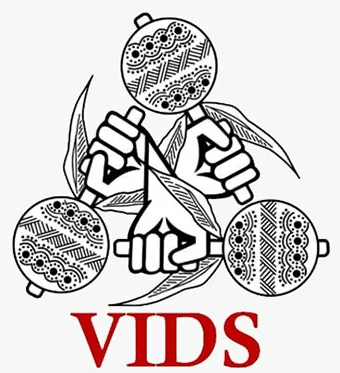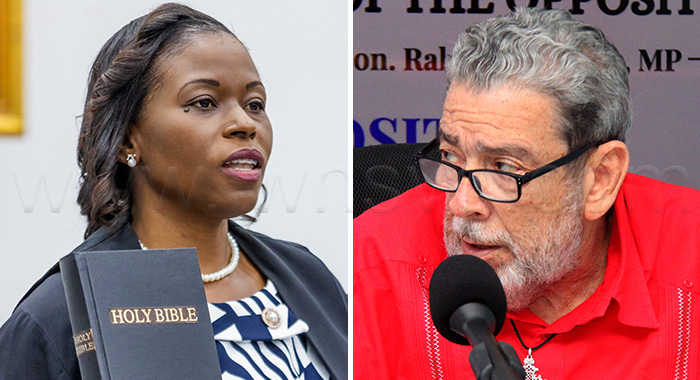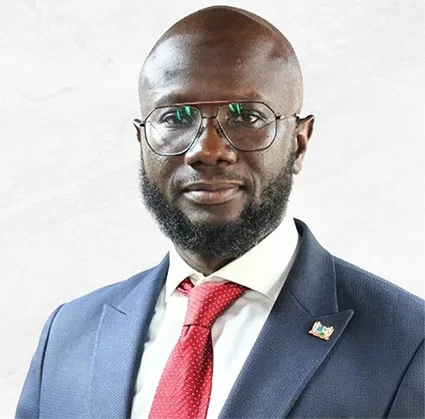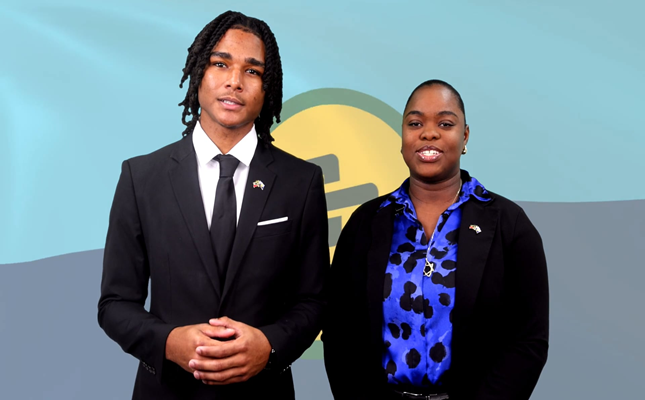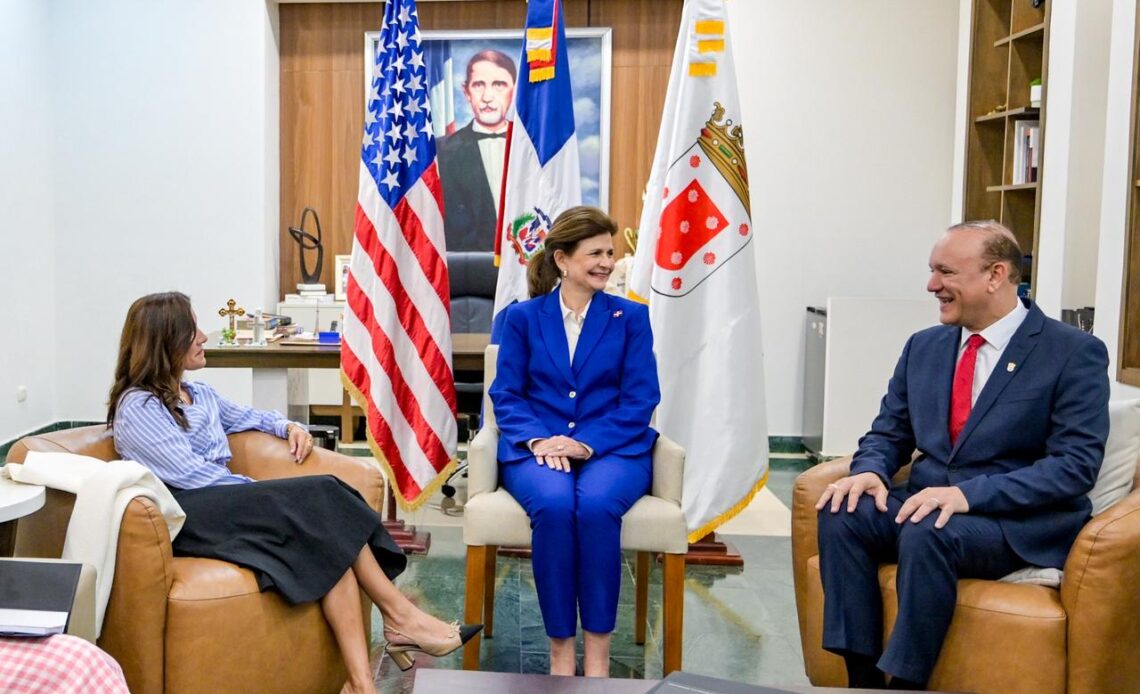The Cabinet of Antigua and Barbuda has initiated urgent legal reforms to bolster price control enforcement mechanisms following widespread non-compliance from retailers. This decisive action comes after inspectors from the Prices and Consumer Affairs Division encountered significant resistance during routine compliance checks, including refusal to provide mandatory invoices and instances of verbal harassment.
According to Maurice Merchant, Director General of Communications in the Prime Minister’s Office, Cabinet members received comprehensive briefings on monitoring efforts following recent fiscal measures that reduced taxes and duties on essential food items. While major supermarket chains demonstrated partial cooperation, numerous retailers and suppliers outright violated legal requirements by withholding pricing documentation and even expelling inspectors from their premises.
The government identified the Prices Control Act of 1957 as fundamentally inadequate for modern enforcement needs, describing its procedures as ‘cumbersome and slow’ in achieving timely compliance. In response, the Ministry of Legal Affairs has been directed to expedite legislative amendments that will enhance enforcement capabilities and implement stricter penalties for violations.
Cabinet officials emphasized their commitment to ensuring that tax relief measures actually benefit consumers through transparent price reductions. The nation continues to experience imported inflation from major trading partners, making these market interventions particularly critical for household economic stability.
To strengthen oversight capabilities, Cabinet approved the recruitment of nine additional staff members for the Prices and Consumer Affairs Division, significantly expanding inspection coverage across retail establishments. The division will now provide bi-weekly compliance reports directly to Cabinet, establishing unprecedented accountability measures.
Furthermore, officials have been instructed to identify additional consumer goods that may require price control protections as part of broader market fairness initiatives. The government has indicated that additional enforcement measures will be announced in coming weeks as legislative revisions progress through the parliamentary process.

